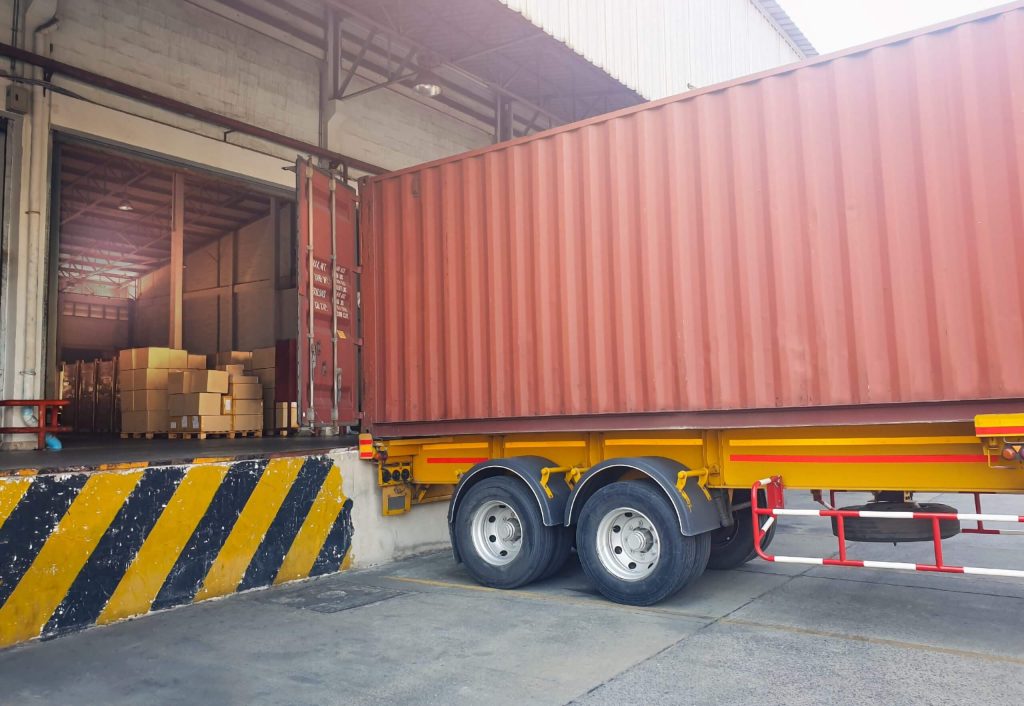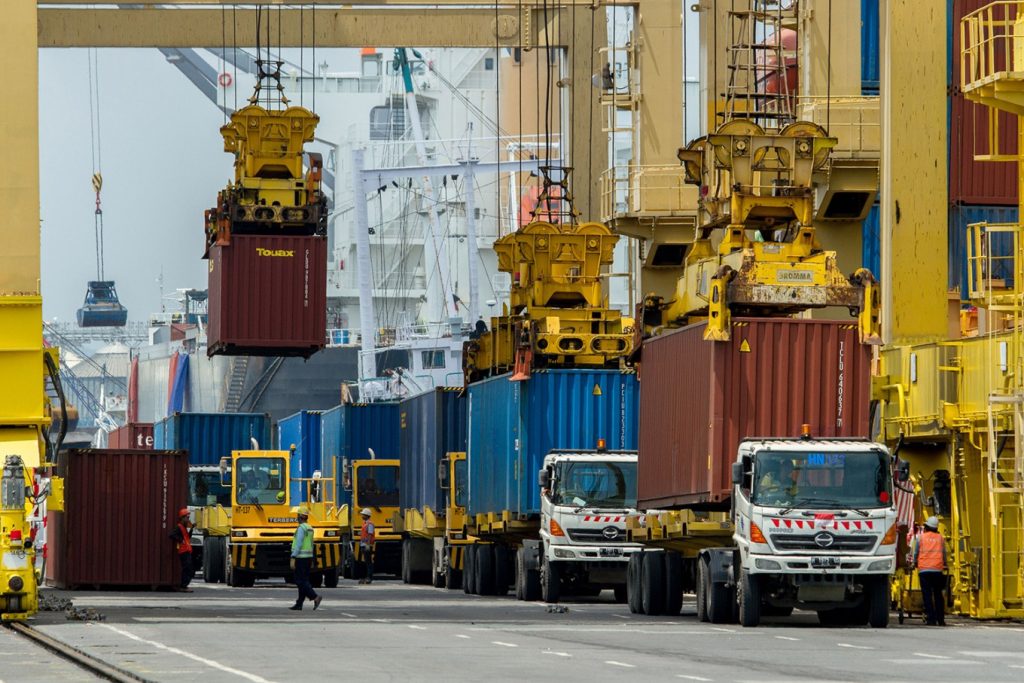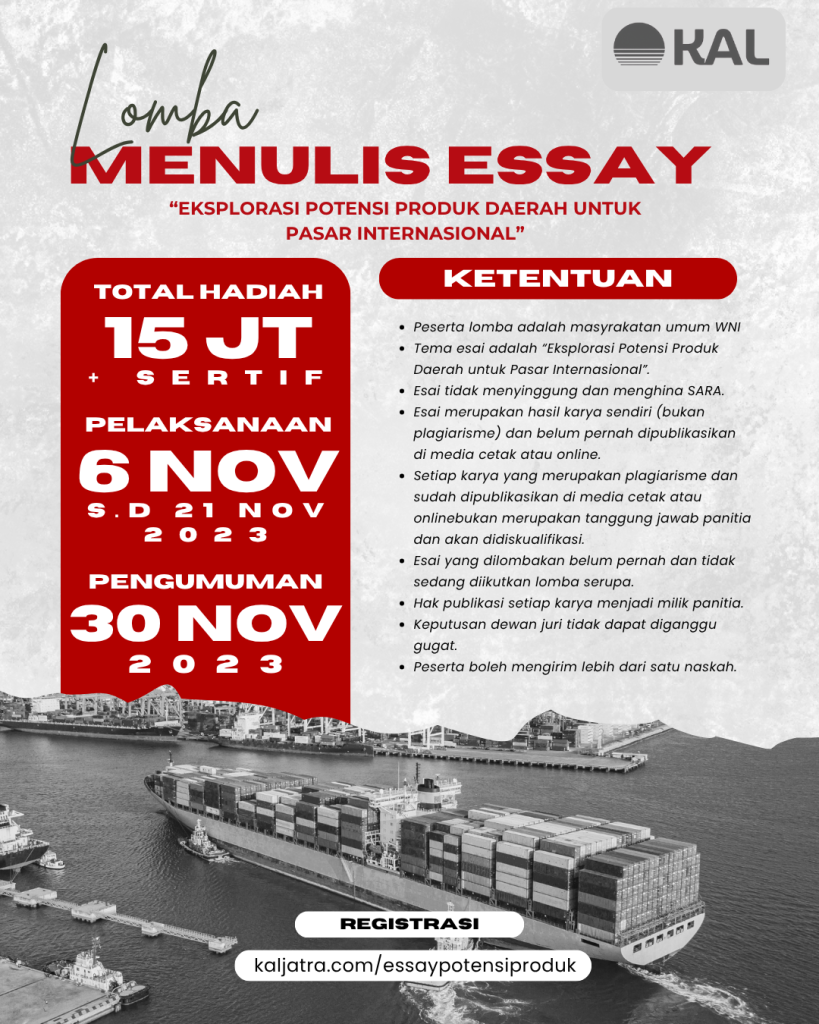
Taking your business global is exciting—but it also comes with challenges, especially in the world of taxes. From unexpected import duties to confusing international tax rules, small businesses often face barriers they didn’t expect. Unlike big companies with legal teams, small business owners must find smart and simple ways to stay compliant while still staying profitable. So, how can they do it?
The Problem: Complex and Varying Tax Systems
Each country has its own tax laws. What’s considered tax-free in your country might be taxed heavily in another. Common challenges include:
- Double taxation: Getting taxed both at home and in the destination country.
- Value Added Tax (VAT): Many countries charge VAT on imports—if you’re not prepared, it can eat into your profits.
- Customs duties and fees: These vary widely depending on the product type and trade agreements.
- Documentation errors: Missing or incorrect tax documents can lead to fines or shipment delays.
For small businesses, these issues can quickly become overwhelming and costly.
The Solution: Practical Steps to Manage International Taxes
Here are several actionable ways to handle these tax challenges:
1. Research Before You Export
Understand the tax rules in the target country before you ship anything. Look into:
- VAT requirements
- Product classification codes (HS codes)
- Tax treaties between your country and theirs
2. Use Tax Professionals or Export Consultants
Working with a tax advisor who understands international trade can save you time and money. Some countries even have export assistance centers or programs to help small businesses.
3. Register for VAT Where Needed
If you sell a lot in a certain country, you might need to register for VAT there. This may sound complicated, but it also allows you to reclaim VAT on certain business expenses.
4. Take Advantage of Trade Agreements
Free trade agreements can reduce or eliminate taxes and tariffs on specific products. Know which agreements your country is part of and which products are covered.
5. Keep Your Paperwork in Order
Invoices, export declarations, and proof of origin documents are all vital. Good documentation helps prove compliance and avoid penalties during audits or customs inspections.
Bonus Tip: Use Digital Tools
There are online platforms (like Avalara, TaxJar, or local e-commerce tax plugins) that help automate tax calculations and filings across borders. Many also integrate directly with your online store or accounting software.
Conclusion
International tax challenges can seem intimidating, but they’re not impossible to manage. With proper research, expert guidance, and the right tools, small businesses can overcome these obstacles and confidently expand into global markets. The key is to prepare early, stay compliant, and never underestimate the value of good advice.




















